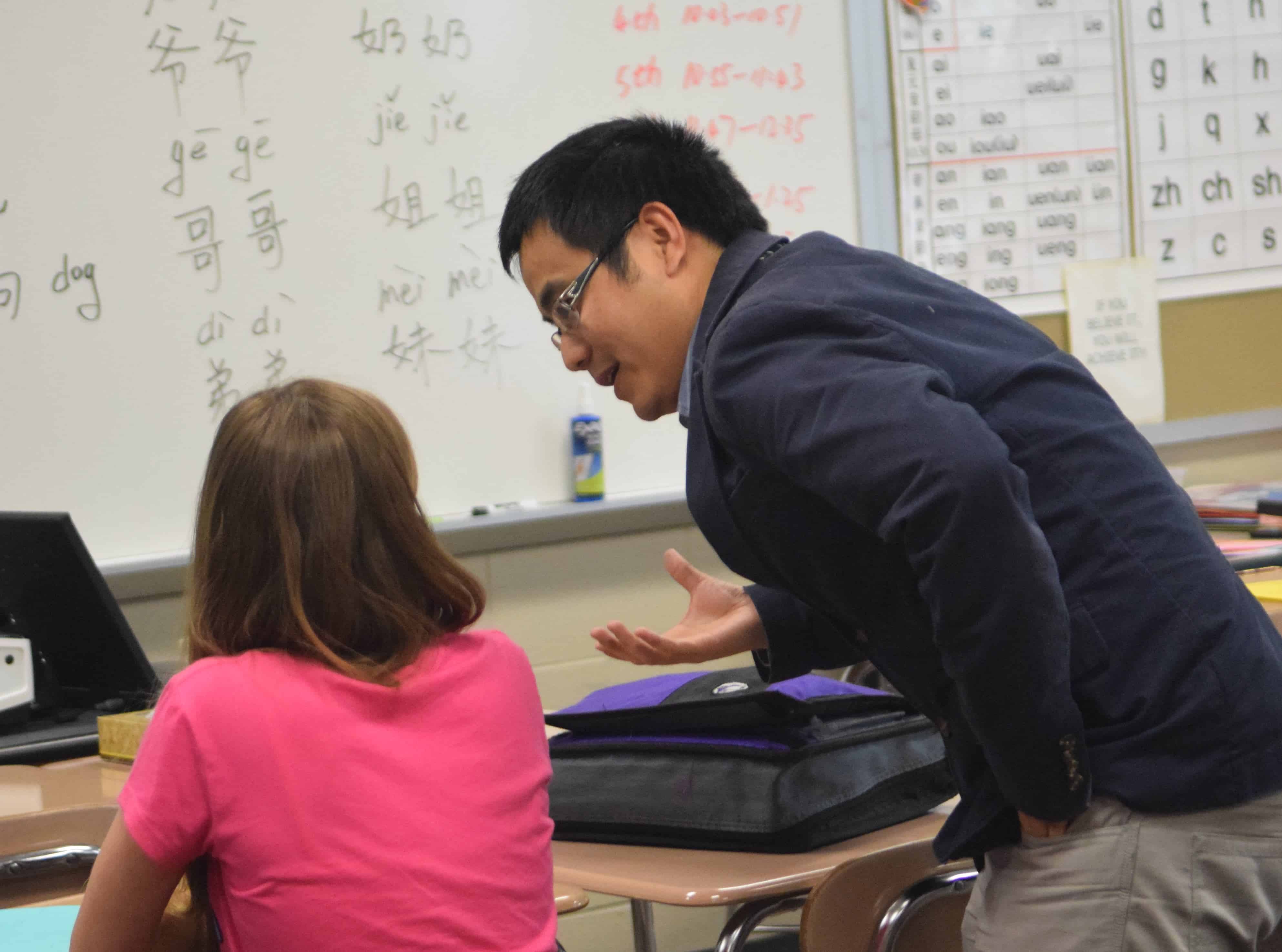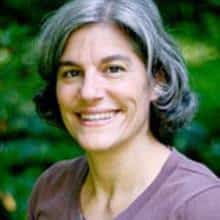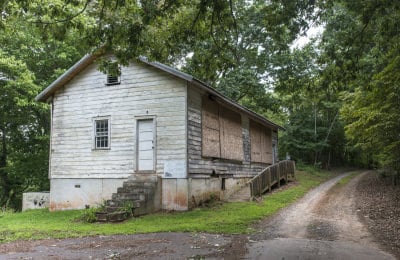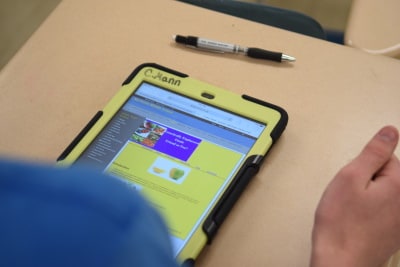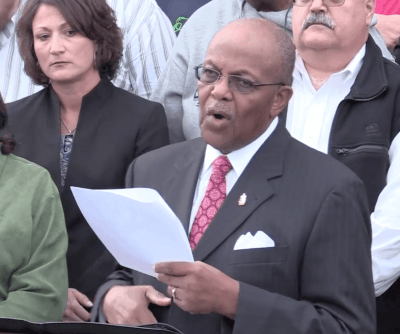A version of this essay was delivered as a speech at the Morehead-Cain Alumni Forum in Chapel Hill, N.C., October 2015.
Mark Twain once said: “In the first place, God made idiots. That was for practice. Then he made School Boards.”
I have long wanted to use that quote, and I certainly hope School Boards have risen in esteem since Mark Twain’s time — because I am honored to serve on a School Board. I believe that public schools are the single most important American institution to fulfill the great promise of our nation’s ideals.
Being a School Board member, I am a politician, and maybe that does make me an idiot. But, unfortunately, these days too many things about public education are political.
We often hear there is a “crisis” in public education. Critics say public schools need to be transformed.
I would say that public schools need to be defended, supported, and transformed.
In some ways, schools still look about the same as when I was growing up: Good teaching remains an artful profession — our Wake County Teacher of the Year says teaching is about “lighting a fire.” In many ways, this is an incredibly exciting time to be a teacher — the information age and technology have opened up the whole world and brought it into the classroom.
What I see as the crisis in public education is viewing it as an economic zero-sum game, which is creating a shift toward exclusion — so-called Parent Choice is being used to segment our children, to create “have” and “have not” schools. These dynamics are undermining the overall health of public education and of our community.
The real crisis, in my view, is a growing imbalance between choice and community.
It is true that we Morehead-Cain Scholars were rewarded as individuals by an individual who made a great fortune. Indeed, hearing the legend of Uncle Mot was truly part of being a Morehead Scholar in the early 1980s.
But here is an entrepreneur who left his personal fortune to what I believe is the greatest public university in the world. And, indeed, in a recent survey, Carolina ranked 15th in the world for innovation.
So this Morehead-Cain Foundation was established and bolstered by private profit put toward a public good at a public university. And I hope that no one who has benefited from this legacy believes the Morehead-Cain experience should be about “exclusivity” or “entitlement.”
It’s about leadership in community.
Unfortunately, we have lost sight of the core values of public schools because community is being overshadowed by exclusivity and individual choice.
If parents would advocate for all children the way they advocate today for their own child, we would not have a crisis in public education.
The power of public education requires that it stay committed to educating every child — regardless of zip code, race, economic status, gender identification, or disability.
How do we re-focus, then, on what really matters? I suggest we consider two parallel courses.
First, I believe that public schools absolutely retain their core mission of educating an informed citizenry. In the 21st century, this means that our children need to learn to be creative thinkers, to collaborate across different perspectives, to communicate their ideas.
In short, our children need to learn how to balance the individual with the community. This will be a tough lesson to learn, since many parents, taxpayers, and leaders seem to have forgotten this lesson themselves. We need to push against the growing segmentation of exclusive schooling — whether through vouchers or charter schools or segregated schools — which undermines that balance between the individual and community.
Students and their families can have both choice and community — what’s needed is balance. As an example, school systems can offer attractive magnet programs that serve community-wide goals. Magnet schools, whose students are selected using intentional criteria, are tools for desegregation in systems such as Wake County. Magnet schools are examples of choice with purpose.
Second, we must invest in teaching as a profession. WalletHub ranks North Carolina 50th in opportunity for teachers.
We should be investing in our teachers. Teaching is not about producing widgets with low-cost labor. Teachers should be paid a professional wage and respected as the amazing professionals they are. We need professional effective teachers, committed and supported in the long term to this profession and to the children they teach.
I spent the first half of my career working to expand access to health care in rural communities, with and around a lot of people in public health. Early on, I came across a story that illustrates the dilemmas of overwhelmed physicians and other health-care providers:
There is a man by the side of a river, and he sees another man swept down in the current, drowning. The man on the riverbank struggles to pull him out. Then there is another person being swept along, and he pulls him out next. Soon, there are dozens of folks coming down the river, each struggling to stay afloat — and the person on the riverbank struggles to save one here, one there — but the single individual never has the time to go up the river and see who is pushing all these people in the river.
That’s where we are in education — like that person by the river — plucking out one child here, one child there, whether it’s a charter school or a single shot program — when what we need to do, as a community, is get up the river and shore up our children and our families.
Ignoring what’s happening upstream will only exacerbate the problem downstream.
So a retreat to the private sphere, to a focus on the self, creates a zero-sum game. If we’re playing a game, we think we have choice, control of the game.
I would argue that we really don’t have control — that control is an illusion.
But what we do have is community.
Doing the hard work of creating community, creating something bigger than ourselves, is also where we all as individuals can thrive. No child is left alone to struggle in the river.
I hope when you leave today you will join me in supporting all of our children, our future scholars, in our public schools. I don’t expect you to be an idiot like me and join a school board, but there are other options: support a teacher, volunteer in a classroom, vote to support school bonds, connect your business to student interns, support your public schools.
Then together we can walk up the river bank.
